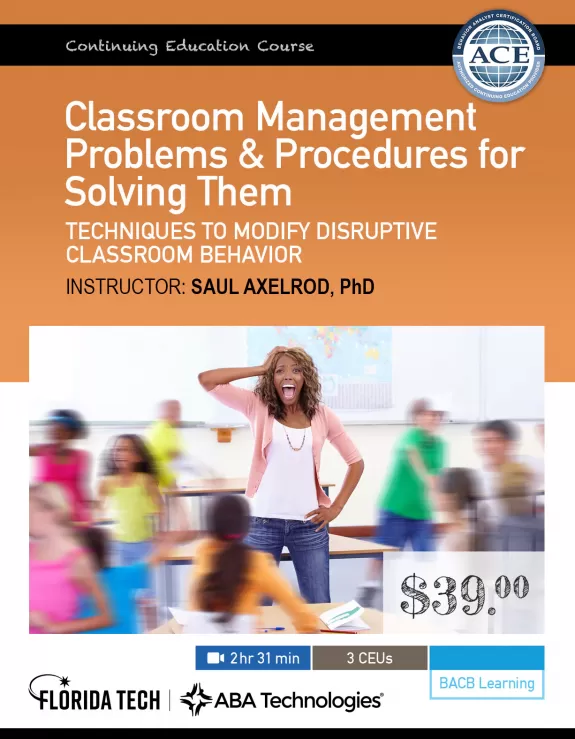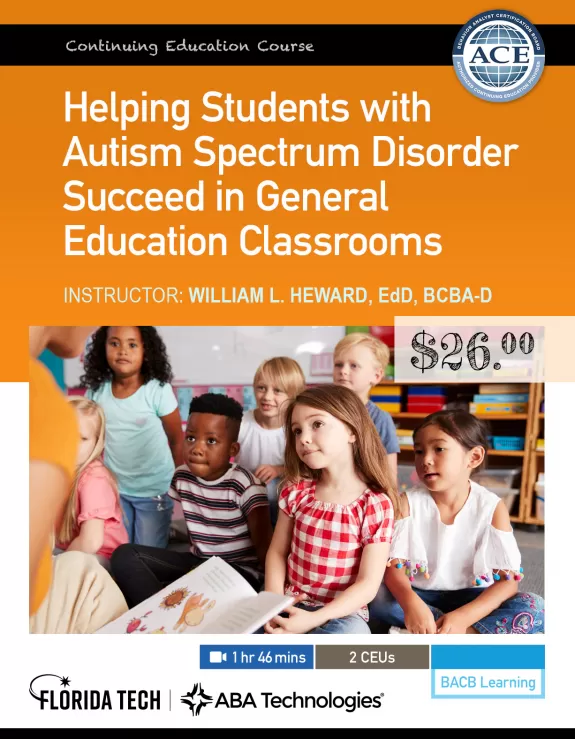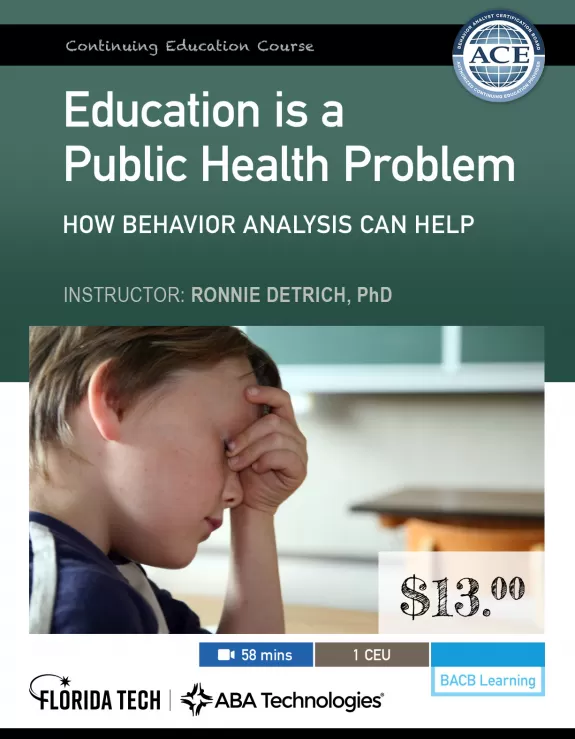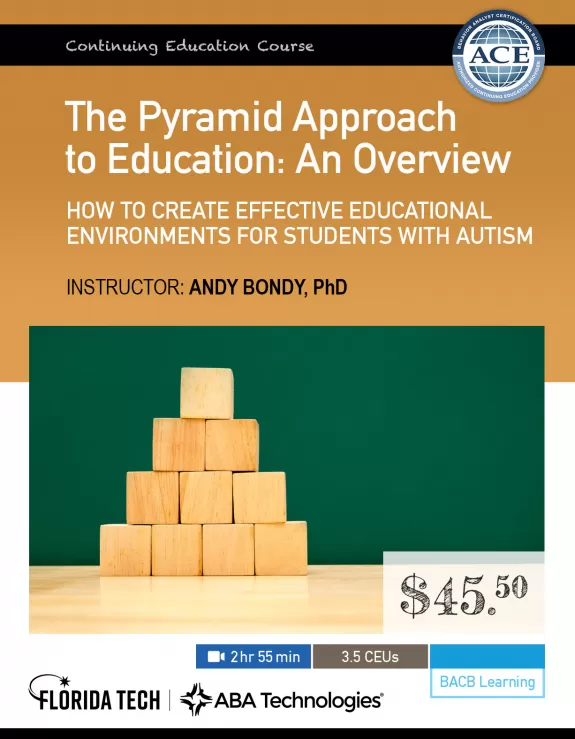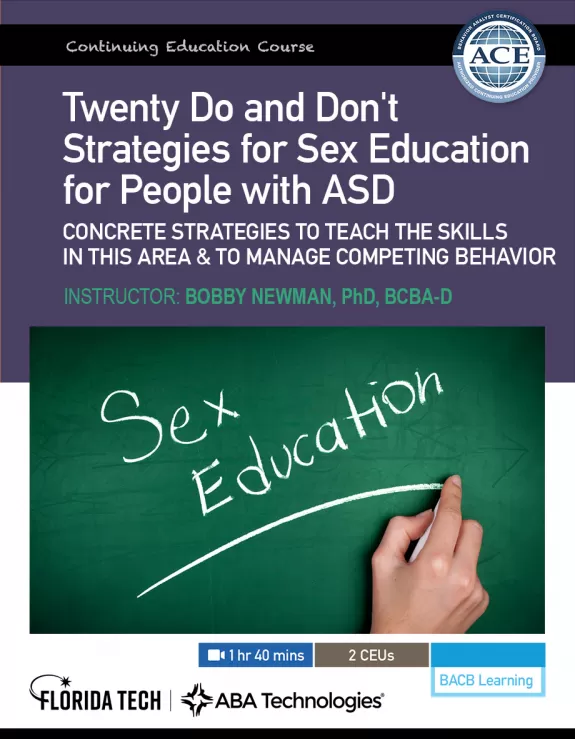Classroom Management Problems and Procedures for Solving Them
Abstract
As an educator, first understanding the three-term contingency is pertinent in pinpointing problems in a classroom. Using this knowledge also helps to understand possible solutions and take appropriate steps to modify and manage the desired and undesired behaviors occurring. Saul Axelrod details several steps in modifying behavior and how to sequence those steps correctly according to the scenario. Understanding what reinforces behavior is another important consideration in the three-term contingency. One must understand how to identify and use highly preferred reinforcers to increase the effectiveness of the behavior-change procedures taking place. When these procedures are implemented, then the educator can move forward in using various methods to address classroom challenges that are outlined in this CE.
Learning Objectives
What you’ll learn in the course and be able to do afterward
1. Given indirect ways to modify behavior, you will be able to:
- Describe four sources of three-term contingencies in the classroom.
- Define fluency.
- Describe eight advantages in achieving fluency.
2. Given steps to directly modify behavior, you will be able to:
- List the seven steps.
- Explain why the steps need to be in a certain order.
- List 11 pointers for modifying behavior.
3. Given the methods of a preference assessment, you will be able to:
- Define preference assessment.
- List the five procedures.
4. Given strategies for common classroom problems, you will be able to:
- List and describe eight methods to address classroom challenges.
Partnership
This course is delivered through Florida Tech. Clicking "Enroll Now" will take you to Florida Tech’s website where you can Add to Cart, Checkout, and complete the course. Come back to our website for podcasts, blogs, courses, and content.
